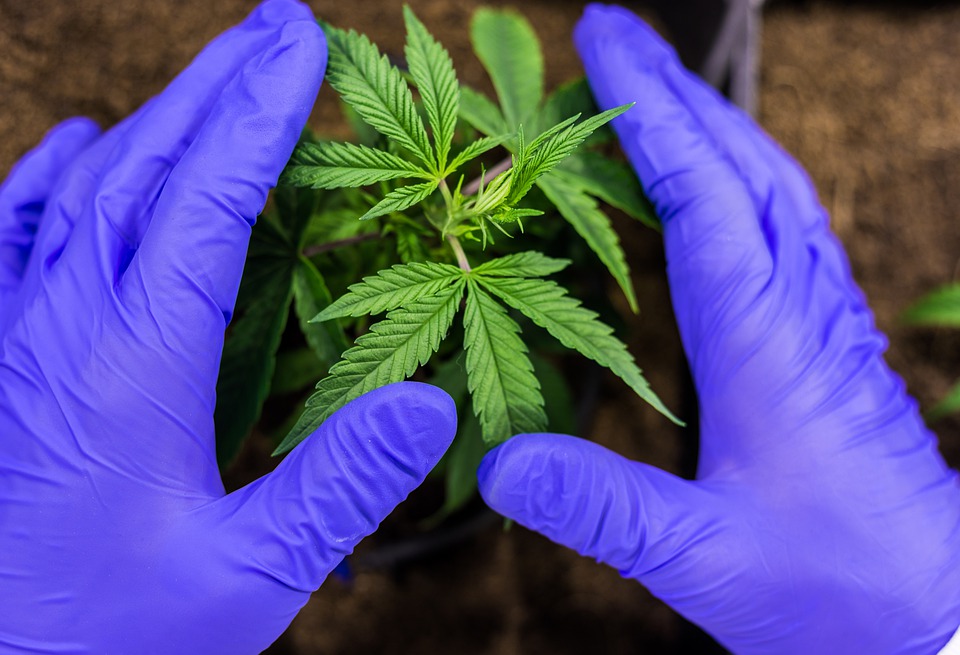Understanding the Differences Between Delta 9 THC and CBD
Introduction
Delta 9 THC and CBD are two of the most well-known compounds found in cannabis plants. While they both have therapeutic properties, they have different effects on the body and mind. Understanding the differences between these two compounds is important for those who are considering using them for medical or recreational purposes.
Delta 9 THC
Delta 9 THC, also known as tetrahydrocannabinol, is the primary psychoactive compound in cannabis. It is responsible for the “high” that is typically associated with using cannabis. Delta 9 THC binds to the CB1 receptors in the brain and central nervous system, producing feelings of euphoria, relaxation, and altered perception of time and space. It can also cause side effects such as paranoia, anxiety, and increased heart rate.
CBD
CBD, or cannabidiol, is another compound found in cannabis that has gained popularity for its therapeutic properties. Unlike Delta 9 THC, CBD is non-psychoactive, meaning it does not produce a “high.” CBD interacts with the body’s endocannabinoid system, which regulates functions such as sleep, appetite, and mood. CBD is believed to have anti-inflammatory, analgesic, and anti-anxiety properties.
Differences Between Delta 9 THC and CBD
One of the main differences between Delta 9 THC and CBD is their psychoactive effects. While Delta 9 THC can produce a “high,” CBD does not have any mind-altering effects. This makes CBD a preferable option for those who want to experience the therapeutic benefits of cannabis without the intoxicating effects.
Another difference between Delta 9 THC and CBD is their legality. Delta 9 THC is classified as a controlled substance in many countries, while CBD is legal in most places as long as it is derived from hemp plants and contains less than 0.3% Delta 9 THC.
Furthermore, Delta 9 THC and CBD have different therapeutic properties. While Delta 9 THC is often used for its pain-relieving and anti-nausea effects, CBD is commonly used for its anti-inflammatory and anti-anxiety properties.
Conclusion
In conclusion, it is important to understand the differences between Delta 9 THC and CBD in order to make informed decisions about using cannabis for medical or recreational purposes. While Delta 9 THC is known for its psychoactive effects, CBD offers non-psychoactive therapeutic benefits. Both compounds have their own unique properties and potential benefits, so it is essential to consult with a healthcare professional before using cannabis products.
FAQs
What is the difference between Delta 9 THC and CBD?
The main difference between Delta 9 THC and CBD is their psychoactive effects. Delta 9 THC produces a “high,” while CBD does not have any mind-altering effects.
Is Delta 9 THC legal?
Delta 9 THC is classified as a controlled substance in many countries, including the United States. However, some states have legalized the use of cannabis for medical or recreational purposes.
What are the therapeutic properties of Delta 9 THC and CBD?
Delta 9 THC is often used for its pain-relieving and anti-nausea effects, while CBD is commonly used for its anti-inflammatory and anti-anxiety properties.


Comments are closed.